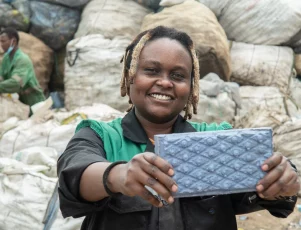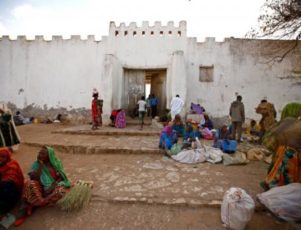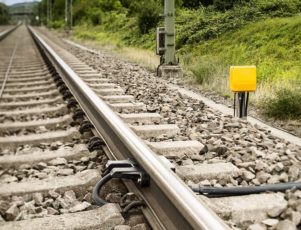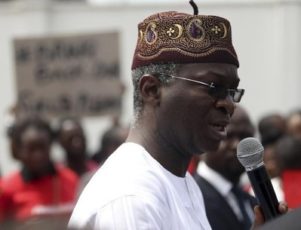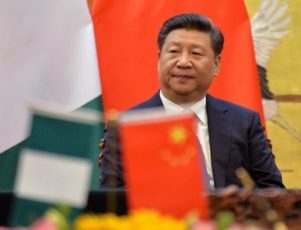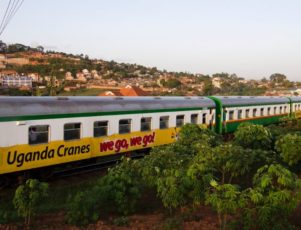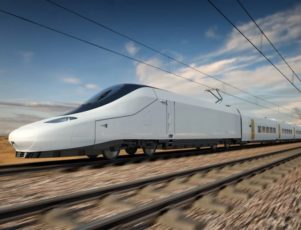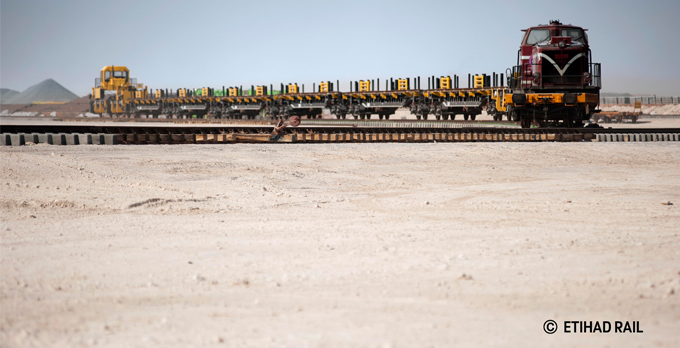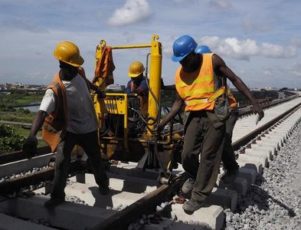Across Africa, an inspiring wave of innovation is transforming one of the continent’s most pressing environmental challenges—plastic pollution—into an opportunity for sustainable growth. At the heart of this movement are startups like Gjenge Makers in Kenya, pioneering a new era of green construction by turning plastic waste into durable building materials. These young companies are not only addressing the mountains of discarded plastic clogging urban and rural environments, but they are also providing affordable solutions to Africa’s housing and infrastructure needs.
Plastic Waste as a Resource
In many African cities, plastic waste is both abundant and poorly managed. Single-use plastics litter streets, block drainage systems, and pollute water bodies, contributing to floods and health risks. But where many see a problem, a new generation of entrepreneurs sees raw material. Companies like Gjenge Makers collect plastic that would otherwise end up in landfills and repurpose it into eco-friendly paving bricks. The process involves cleaning, shredding, and heating the plastic, then mixing it with sand and compressing it into bricks that are lighter and more durable than traditional concrete.
This model addresses multiple issues at once: it reduces environmental waste, lowers the cost of construction, and creates jobs. Workers are employed to collect and sort plastic, operate machinery, and distribute finished products. These startups also contribute to the circular economy by giving waste a second life, closing the loop between consumption and disposal.
Scaling Innovation for Impact
The success of these initiatives is not limited to Kenya. Similar models are emerging across the continent—in Nigeria, South Africa, Ghana, and Cameroon—each adapting to local contexts. Some focus on road paving, using melted plastic in place of asphalt. Others are experimenting with plastic-infused concrete for low-cost housing. What they share is a commitment to local production, community empowerment, and environmental stewardship.
The potential for impact is enormous. Africa faces a housing shortage of tens of millions of units, and traditional building materials remain expensive or inaccessible for many. Plastic bricks offer a low-cost, high-performance alternative that can help fill this gap sustainably. In the long term, these innovations could reshape not only how buildings and roads are made, but how society perceives waste.
By reimagining plastic waste as a building block rather than a burden, African startups are laying the foundation for a cleaner, greener future. Their work proves that sustainability and development are not opposing goals—they are two sides of the same brick.
Photos : oceans-news.com

